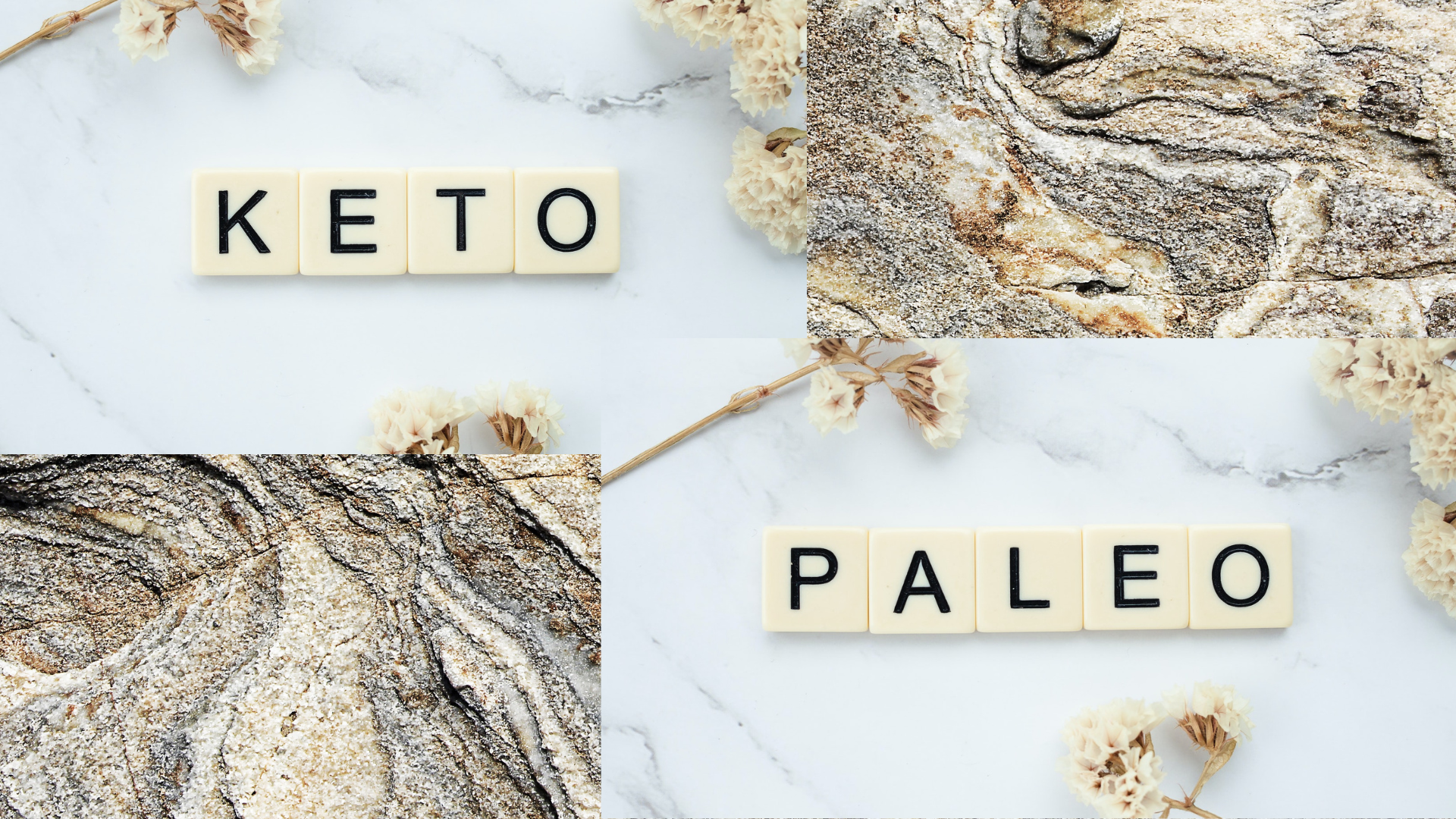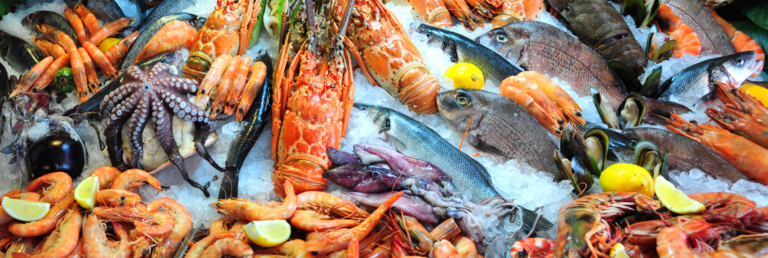Introduction
In the realm of diets and healthy eating, two popular choices have emerged as contenders for the title of the ultimate lifestyle change: keto and paleo. With their unique principles and benefits, these diets have garnered significant attention and sparked an ongoing debate among health enthusiasts. Are you ready to dive into the world of keto versus paleo? Let’s unravel the battle of the diets, explore their core differences, and help you make an informed decision about which path to embark on for your health and wellness journey.
Keto versus Paleo: Exploring the Fundamental Differences
The keto and paleo diets may share a common goal of promoting overall health, but they differ significantly in their approaches and food choices. Let’s examine the key distinctions between these two popular diets:
- Macro-nutrient Composition: The keto diet focuses on high-fat, moderate-protein, and low-carbohydrate intake, aiming to induce a state of ketosis in the body1. In contrast, the paleo diet emphasizes whole, unprocessed foods, including lean proteins, healthy fats, and moderate carbohydrates.
- Carbohydrate Restriction: While both diets limit carbohydrate consumption, keto is more stringent, typically restricting daily carb intake to 20-50 grams. On the other hand, the paleo diet allows for a wider range of carbohydrates, primarily from fruits and vegetables.
- Favoring Fats: Keto promotes the consumption of healthy fats, such as avocados, nuts, and olive oil, to provide a sustainable energy source. Meanwhile, the paleo diet also encourages the consumption of healthy fats but prioritizes natural sources like grass-fed meats and wild-caught fish.
- Dairy Inclusion: The keto diet allows for moderate consumption of full-fat dairy products, such as cheese and butter, as they fit within the macronutrient ratios1. However, the paleo diet generally excludes dairy, as it aims to mimic the dietary patterns of our ancient ancestors.
- Legume and Grain Intake: Paleo restricts legume and grain consumption due to their potential anti-nutrient content, while keto allows for moderate consumption of certain low-carb legumes and grains, such as lentils and quinoa.
Now that we’ve established the primary differences between keto and paleo, let’s delve deeper into each diet’s specific features and benefits.
Keto: Fueling the Body with Fat
The ketogenic diet, often referred to as keto, has gained immense popularity in recent years for its potential to promote weight loss, improve mental clarity, and enhance energy levels. By drastically reducing carbohydrate intake and increasing healthy fat consumption, the body enters a state of ketosis. Here are some key points to consider when exploring the keto diet:
Keto FAQ
- What is ketosis, and why is it important on the keto diet? Ketosis is a metabolic state where the body switches from using glucose as its primary fuel source to utilizing ketones derived from fat breakdown. It is crucial on the keto diet as it allows for efficient fat burning and increased energy levels.
- Can I consume unlimited fats on the keto diet? While healthy fats play a vital role in the keto diet, it’s important to maintain a calorie deficit for weight loss. Monitoring portion sizes and balancing macronutrient ratios is essential for success.
- Are there any potential side effects of the keto diet? When transitioning into ketosis, some individuals may experience short-term side effects known as the “keto flu.” These can include fatigue, headaches, and digestive disturbances. Staying hydrated and ensuring adequate electrolyte intake can help alleviate these symptoms.
- Can the keto diet be sustainable in the long run? The sustainability of the keto diet varies from person to person. While some individuals thrive on this high-fat, low-carb approach, others may find it challenging to maintain in the long term. Experimentation and personalization are key to finding a sustainable dietary approach.
- Is keto suitable for everyone? The keto diet is generally safe for most healthy individuals. However, individuals with certain medical conditions, such as diabetes or gallbladder issues, should consult with a healthcare professional before starting the diet.
- Can I indulge in sweet treats on the keto diet? Traditional desserts are often high in carbohydrates and sugar, making them unsuitable for the keto diet. However, there are various keto-friendly alternatives available that use low-carb sweeteners and alternative flours to satisfy cravings.
Want to know more about keto, click here
Paleo: Embracing Ancestral Eating Habits
The paleo diet, also known as the caveman diet, seeks to replicate the eating patterns of our ancient ancestors. By focusing on whole, unprocessed foods and eliminating grains, legumes, and dairy, paleo enthusiasts aim to optimize health, enhance digestion, and reduce inflammation. Here’s what you need to know about the paleo lifestyle:
Paleo FAQ
- Why are grains and legumes excluded from the paleo diet? Grains and legumes contain lectins and phytates, which are considered anti-nutrients. These compounds can interfere with nutrient absorption and may cause digestive issues for some individuals. Paleo eliminates them to promote optimal gut health.
- Can I consume fruits on the paleo diet? Fruits are an integral part of the paleo diet, providing essential vitamins, minerals, and fiber. However, moderation is key, as some fruits have a higher sugar content. It’s best to prioritize lower-sugar fruits like berries and consume them alongside a variety of vegetables.
- How does the paleo diet benefit overall health? By eliminating processed foods and focusing on whole, nutrient-dense options, the paleo diet can support weight management, improve digestion, stabilize blood sugar levels, and reduce inflammation.
- Is it necessary to source organic and grass-fed meats on the paleo diet? While sourcing organic and grass-fed meats is ideal, it’s not an absolute requirement. The most important factor is choosing high-quality, minimally processed meats whenever possible to minimize exposure to antibiotics and hormones.
- Can I include natural sweeteners like honey or maple syrup on the paleo diet? The paleo diet discourages the consumption of added sugars, including natural sweeteners. While occasional use of small amounts of natural sweeteners may be acceptable for some individuals, it’s generally advised to minimize their use to maintain stable blood sugar levels.
- Can the paleo diet accommodate vegetarian or vegan individuals? While the paleo diet primarily focuses on animal-based proteins, it can be adapted to accommodate vegetarian or vegan preferences. Including a wide variety of plant-based proteins, such as tempeh, tofu, and legumes, can help meet nutrient needs while adhering to paleo principles.
Conclusion: Choosing Your Path to Optimal Health
When it comes to the keto versus paleo debate, there is no one-size-fits-all answer. Both diets offer unique benefits and can be effective tools for improving overall health and well-being. Understanding your personal goals, preferences, and any underlying health conditions can help guide your decision-making process. Remember to consult with a healthcare professional or registered dietitian before making any significant changes to your diet.
Now that you’re armed with knowledge about the keto and paleo diets, it’s time to embark on your health journey. Explore the various approaches, experiment with recipes, and listen to your body to find the best fit for you. Whether you choose keto or paleo, or perhaps a combination of elements from both, prioritize whole, unprocessed foods, and make choices that support your long-term well-being.
References:
- Harvard T.H. Chan School of Public Health. (2021). Diet Review: Ketogenic Diet for Weight Loss. https://www.hsph.harvard.edu/nutritionsource/healthy-weight/diet-reviews/ketogenic-diet/
- Harvard T.H. Chan School of Public Health. (2021). Diet Review: Paleo Diet for Weight Loss. https://www.hsph.harvard.edu/nutritionsource/healthy-weight/diet-reviews/paleo-diet/
- Mayo Clinic. (2021). Ketogenic diet: Is the ultimate low-carb diet good for you? https://www.mayoclinic.org/healthy-lifestyle/nutrition-and-healthy-eating/in-depth/ketogenic-diet/art-20190105
- Cleveland Clinic. (2021). The Paleo Diet: What Is It and Does It Work? https://my.clevelandclinic.org/health/articles/16174-the-paleo-diet-what-is-it-and-does-it-work





